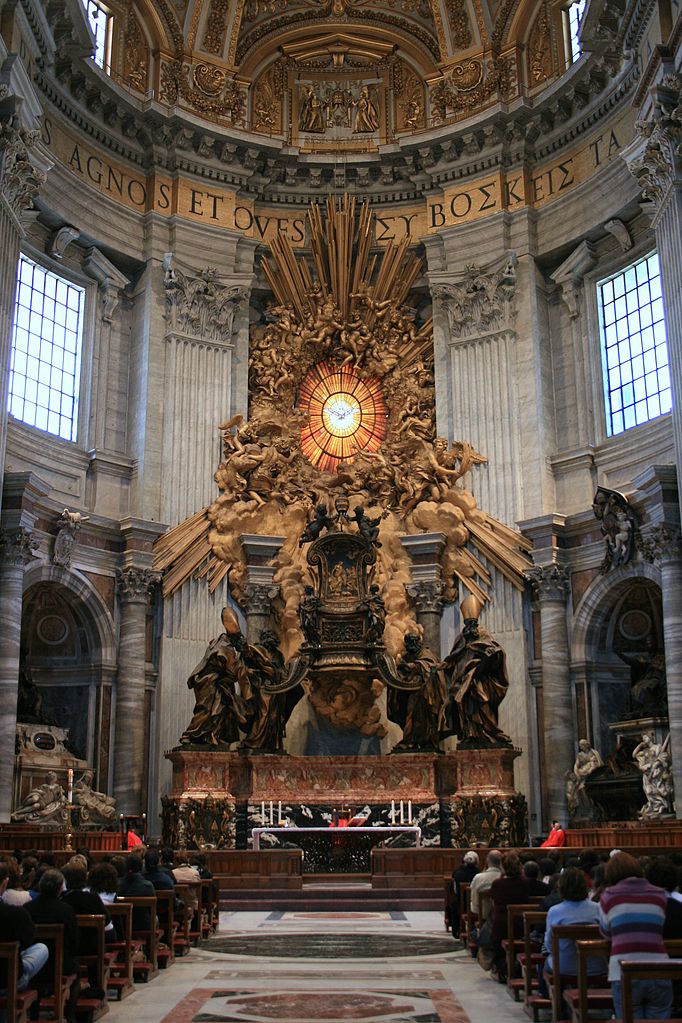Perhaps so. The debate over tolerance for open homosexual practices by members of clergy and the lack of enforcement of church standards is the major issue driving this debate now and a special General Conference to address the future of the denomination is set for February, 2019.
Currently, all church property is legally owned by the Annual Conference of each geographical area. So if a congregation in East Bumstead, Wyoming wanted to sell off part of their church land, they would need approval of the Annual Conference of the Mountain Sky Conference based in Denver.
The Wesleyan Covenant Association plan allows each church to exit the conference, or denomination to do so with its property if they choose. But the best part is the standards bishops must uphold:
And there is even an amendment to actually dissolve the denomination:
Churches under this scenario would then align with conferences which are theologically based rather than geographically based. But wait.Quote:
The majority of bishops recommend the One Church Plan, which would leave decisions to allow same-gender weddings up to churches and gay ordination up to annual conferences. The plan also would remove the statement in the denomination's Book of Discipline since 1972 that the practice of homosexuality "is incompatible with Christian teaching." The plan adds protections for United Methodists who view the practice of homosexuality as sinful.
Quote:
Traditionalist advocates express concerns about both plans, especially the One Church proposal.
The Traditional Plan aims to strengthen enforcement of the denomination's prohibitions and establish a way out for churches and conferences that don't agree to abide by church rules on homosexuality.
The plan, as submitted in the commission's report, sets minimum penalties and quicker expulsion after conviction of violations.
It requires bishops and annual conferences to certify that they would uphold, enforce and maintain Disciplinary standards on marriage and ordination.
The plan requires that beginning in 2021, the General Council on Finance and Administration the denomination's finance agency neither receive nor send funds to conferences that do not pledge to uphold the Discipline until they form a self-governing church. The plan also requires the finance agency to stop these conferences from using the United Methodist name and the cross and flame insignia except under a concordat agreement.
This section of the plan, titled "Implementing Gracious Accountability," does allow local churches to leave with property, assets and liabilities into the self-governing denominations.
The Traditional Plan "provides a gracious way for any local church and any annual conference to leave the denomination without having to worry about the possibility of losing or having to litigate for their property and assets," writes the Rev. Walter Fenton in an essay on the Traditional Plan for the Wesleyan Covenant Association.
A petition submitted by Dunnam augments the gracious accountability section, by adding a $200,000 grant to annual conferences leaving the denomination to help pay for transitional expenses. The General Council on Finance and Administration can fund these grants using reserves held by the denomination's general agencies.
Currently, all church property is legally owned by the Annual Conference of each geographical area. So if a congregation in East Bumstead, Wyoming wanted to sell off part of their church land, they would need approval of the Annual Conference of the Mountain Sky Conference based in Denver.
The Wesleyan Covenant Association plan allows each church to exit the conference, or denomination to do so with its property if they choose. But the best part is the standards bishops must uphold:
Quote:
Dunnam's petition also stipulates that by Sept. 1, 2020, the bishops who do not commit to uphold the Discipline's prohibitions will no longer receive funding for housing, office or travel, and will instead be encouraged to join a self-governing church.
The legislation also says provisions in the gracious accountability section "shall take effect immediately upon the adjournment of the 2019 General Conference and shall take precedence over any conflicting provisions in the Discipline that are not in the Constitution."
In a separate petition, Dunnam's legislation creates a new Global Episcopacy Committee to hold bishops and conferences accountable.
Dunnam said he submitted the petitions because this is the most dramatic time in the life of The United Methodist Church since it became a denomination 50 years ago. Dunnam has long suggested that LGBTQ individuals and advocates might be better served outside The United Methodist Church.
"We just have to deal with all those issues that might be taking place and assist people to move forward for the sake of the Kingdom," Dunnam said.
And there is even an amendment to actually dissolve the denomination:
https://www.umnews.org/en/news/groups-push-for-modified-traditional-planQuote:
While he a champions the Traditional Plan, Boyette also submitted a constitutional amendment that encompasses a plan to dissolve The United Methodist Church. Changing the denomination's constitution requires a two-thirds vote of General Conference and two-thirds ratification votes in the annual conferences.
"I submitted a petition for dissolution of the denomination because, like many other fair-minded people, I think our differences are irreconcilable," Boyette told United Methodist News Service. "I know it is hard for some people to hear or understand that, but I believe it is our present reality. Our differences involve matters at the core of our faith, mission and ministry."




